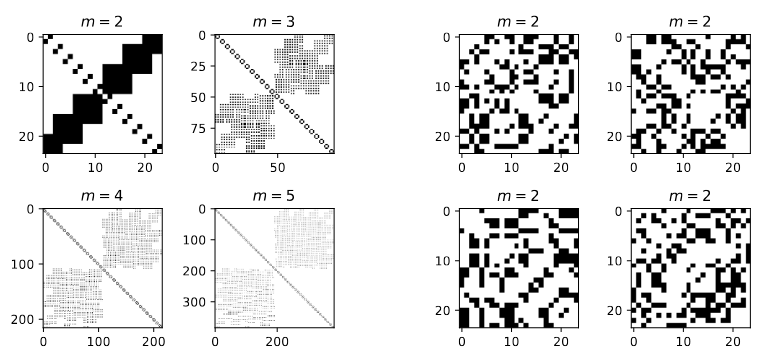Compensating Connectivity Restrictions in Quantum Annealers via Splitting and Linearization Techniques
Authored by Marcel Seelbach Benkner, Zorah Lähner, Vladislav Golyanik, Martin Kliesch, Michael Moeller
Published in arxiv:2507.12536 2025

Abstract
Current quantum annealing experiments often suffer from restrictions in connectivity in the sense that only certain qubits can be coupled to each other. The most common strategy to overcome connectivity restrictions so far is by combining multiple physical qubits into a logical qubit with higher connectivity, which is achieved by adding terms to the Hamiltonian. Practically, this strategy is implemented by finding a so-called minor embedding, which is in itself an NP-hard problem. In this work, we present an iterative algorithm that does not need additional qubits but instead efficiently uses the available connectivity for different parts of the problem graph in every step. We present a weak monotonicity proof and benchmark our algorithm against the default minor-embedding algorithm on the D-Wave quantum annealer and multiple simple local search variants. While most of the experiments to compare the different iterative methods are performed with simulated annealing solvers, we also confirm the practicality of our method with experiments on the D-Wave Advantage quantum annealer.
Resources
Bibtex
@inproceedings{ seelbach2025compensating,
author = { Marcel Seelbach Benkner and Zorah Lähner and Vladislav Golyanik and Martin Kliesch and Michael Moeller },
title = { Compensating Connectivity Restrictions in Quantum Annealers via Splitting and Linearization Techniques },
booktitle = { arxiv:2507.12536 },
year = { 2025 },
}